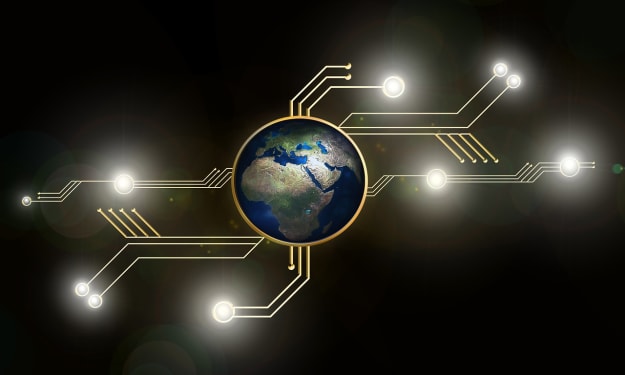Sustainable Aquaculture: Feeding the World While Protecting the Oceans
As the global population continues to grow, the demand for food is increasing at an unprecedented rate. The world's oceans are a significant source of protein, providing more than 3 billion people with their primary source of animal protein.

Sustainable Aquaculture: Feeding the World While Protecting the Oceans
As the global population continues to grow, the demand for food is increasing at an unprecedented rate. The world's oceans are a significant source of protein, providing more than 3 billion people with their primary source of animal protein. However, overfishing and other unsustainable practices have led to the depletion of many fish populations, threatening the health of our oceans and the food security of millions of people. Sustainable aquaculture provides a solution to these problems, allowing us to feed the world's growing population while protecting the health of our oceans.
What is Sustainable Aquaculture?
Sustainable aquaculture is the practice of raising fish, shellfish, and other aquatic organisms in a way that is environmentally responsible, socially beneficial, and economically viable. Unlike traditional fishing methods that rely on wild populations, aquaculture produces fish in controlled environments, providing a reliable source of food that is less susceptible to overfishing.
Sustainable aquaculture practices prioritize the health of the surrounding ecosystem, utilizing methods that minimize the impact on the environment. These methods include selecting appropriate species for farming, using responsible feeding practices, reducing waste and pollution, and minimizing the use of antibiotics and other chemicals. Additionally, sustainable aquaculture considers the social and economic impact of farming practices, prioritizing fair labor practices and community engagement.
The Benefits of Sustainable Aquaculture
Sustainable aquaculture provides numerous benefits to both the environment and human communities. Some of these benefits include:
Providing a reliable source of food: As the world's population continues to grow, traditional fishing methods are becoming increasingly unsustainable. Sustainable aquaculture provides a reliable source of food that can help meet the growing demand for protein.
Reducing pressure on wild fish populations: Overfishing is a major threat to the health of our oceans, and many fish populations are already severely depleted. By farming fish, we can reduce the pressure on wild populations, allowing them to recover.
Improving food security: Sustainable aquaculture provides a stable source of food that is less susceptible to the unpredictable nature of wild fish populations. This can help improve food security for communities that rely on fish as a primary source of protein.
Supporting local economies: Aquaculture can provide jobs and economic opportunities in communities that rely on fishing for their livelihoods.
Protecting the environment: Sustainable aquaculture practices prioritize the health of the surrounding ecosystem, helping to protect the oceans and the many species that call them home.
Challenges to Sustainable Aquaculture
While sustainable aquaculture provides many benefits, it is not without its challenges. Some of the main challenges include:
Cost: Sustainable aquaculture requires significant upfront investment, including the cost of setting up farms and purchasing equipment. This can make it difficult for small-scale farmers to enter the market.
Environmental impact: While sustainable aquaculture practices prioritize the health of the environment, there is still a risk of pollution and habitat degradation. Careful management is required to minimize these risks.
Disease: As with any farming practice, disease is a major risk to aquaculture operations. Proper management and responsible use of antibiotics and other chemicals are required to minimize the risk of disease outbreaks.
Consumer perception: Some consumers are hesitant to consume farmed fish, preferring wild-caught fish instead. It is important to educate consumers about the benefits of sustainable aquaculture and the responsible farming practices used.
Moving Towards a Sustainable Future
Despite the challenges, sustainable aquaculture provides a promising solution to the challenges of feeding the world's growing population while protecting the health of our oceans. Governments, NGOs, and the private sector all have a role to play in promoting sustainable aquaculture practices and supporting the development of
About the Creator
Sandip Mondal
I'm a writer and businessman with a passion for technology, finance, and traveling around the world.






Comments
There are no comments for this story
Be the first to respond and start the conversation.